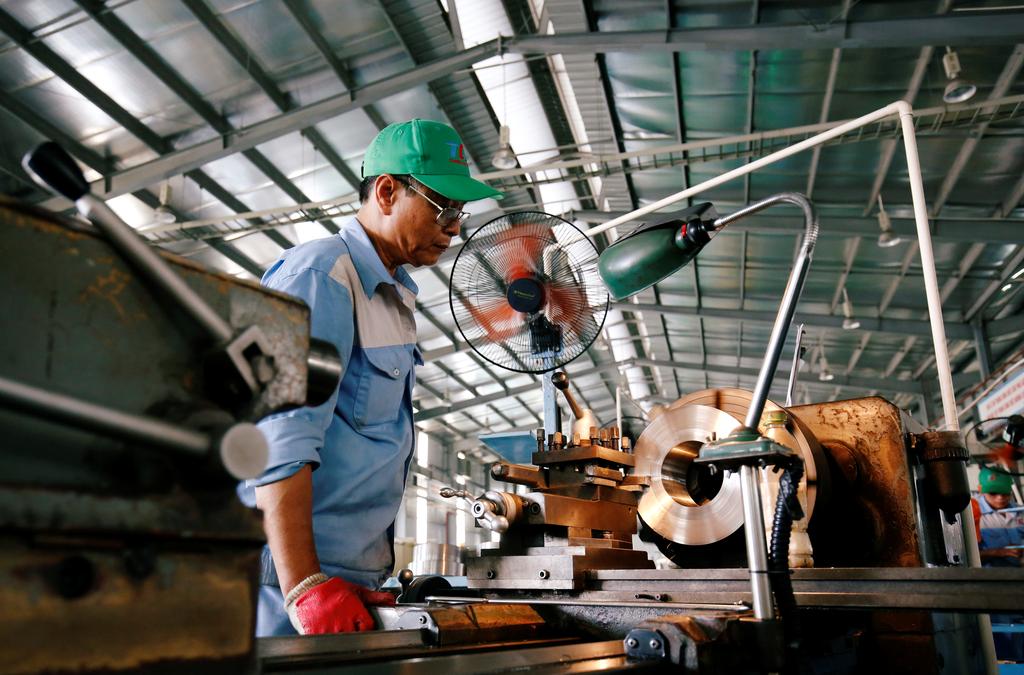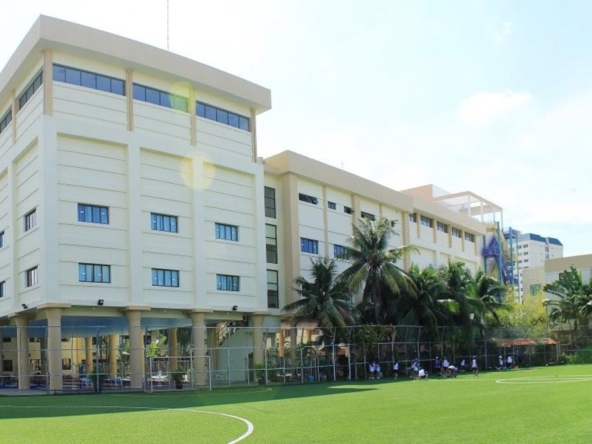
Southeast Asia’s economy is expected to grow 5.2 percent in 2021 against the 5.5 percent growth projection in September, the Asian Development Bank (ADB) said in a news release this week.
Economic growth in the region remains under pressure as COVID-19 outbreaks and containment measures continue, particularly in Indonesia, Malaysia, and the Philippines, the ADB remarked on Thursday.
Southeast Asia’s growth forecast for 2020 is revised down to -4.4 percent from -3.8 percent in September.
The region’s outlook for 2021 is also downgraded, with Southeast Asia now expected to grow 5.2 percent next year compared to the 5.5 percent growth forecast in September.
Economic activity in developing Asia is forecast to contract 0.4 percent this year, before picking up to 6.8 percent in 2021 as the region moves toward recovery from the effects of the COVID-19 pandemic.
The new growth forecast, presented in a regular supplement to the Asian Development Outlook (ADO) 2020 Update, is an improvement from the -0.7 percent GDP growth forecast in September, while the outlook for 2021 remains unchanged.
But prospects are diverging within the region, with East Asia set to grow this year while other subregions are contracting.
“The outlook for developing Asia is showing improvement,” said ADB chief economist Yasuyuki Sawada.
“Growth projections have been upgraded for the People’s Republic of China (PRC) and India, the region’s two largest economies,”
“A prolonged pandemic remains the primary risk, but recent developments on the vaccine front are tempering this.
“Safe, effective, and timely vaccine delivery in developing economies will be critical to support the reopening of economies and the recovery of growth in the region.”
Pandemic-induced lockdowns and restrictions have been eased in varying levels in the region, with merchandise exports rebounding quickly from substantial declines in the second quarter.
Mobility is also returning to pre-COVID-19 levels in East Asia and the Pacific, where the spread of COVID-19 has largely been contained or prevented in recent months.
A recovery in tourism, however, is likely to be delayed.
Most of the subregions in developing Asia are forecast to contract this year.
East Asia is the exception, with an upgraded growth forecast of 1.6 percent for 2020 on the back of faster-than-expected recoveries in mainland China and Taiwan.
East Asia’s growth outlook for 2021 is maintained at seven percent.
South Asia’s GDP is forecast to contract 6.1 percent in 2020, revised up from the 6.8 percent contraction expected in September.
Growth in South Asia is forecast to rebound to 7.2 percent in 2021.
The growth forecast for India, the subregion’s largest economy, for fiscal 2020 is raised to -8.0 percent, from the -9.0 percent projection in September, while the outlook for fiscal 2021 is kept at eight percent.
The outlook for the Pacific is unchanged for both 2020 and 2021 at -6.1 percent and 1.3 percent, respectively.
Central Asia’s growth forecast for 2020 remains at -2.1 percent, but the outlook for 2021 is slightly downgraded to 3.8 percent from the 3.9 percent growth projection in September.
Regional inflation is expected to marginally ease to 2.8 percent in 2020, from the 2.9 percent projected in September, due to depressed demand and low oil prices.
Inflation for 2021 is forecast at 1.9 percent, down from the 2.3 percent forecast in September.
Oil prices are retained at $42.5 per barrel in 2020 before increasing to $50 per barrel in 2021.
ADO, ADB’s annual flagship economic publication, is published every April, with an update published in September and brief supplements released normally in July and December. Developing Asia refers to the 46 developing members of the ADB.







